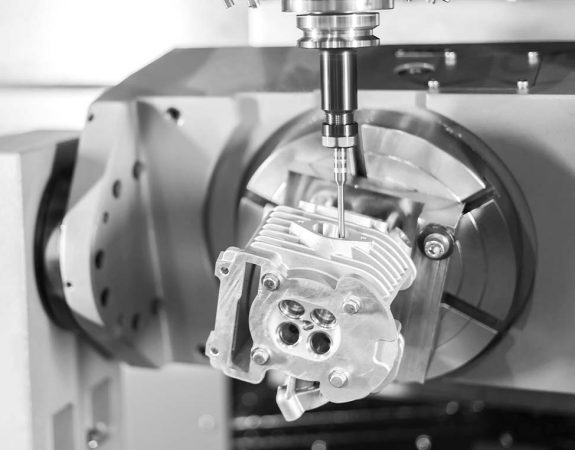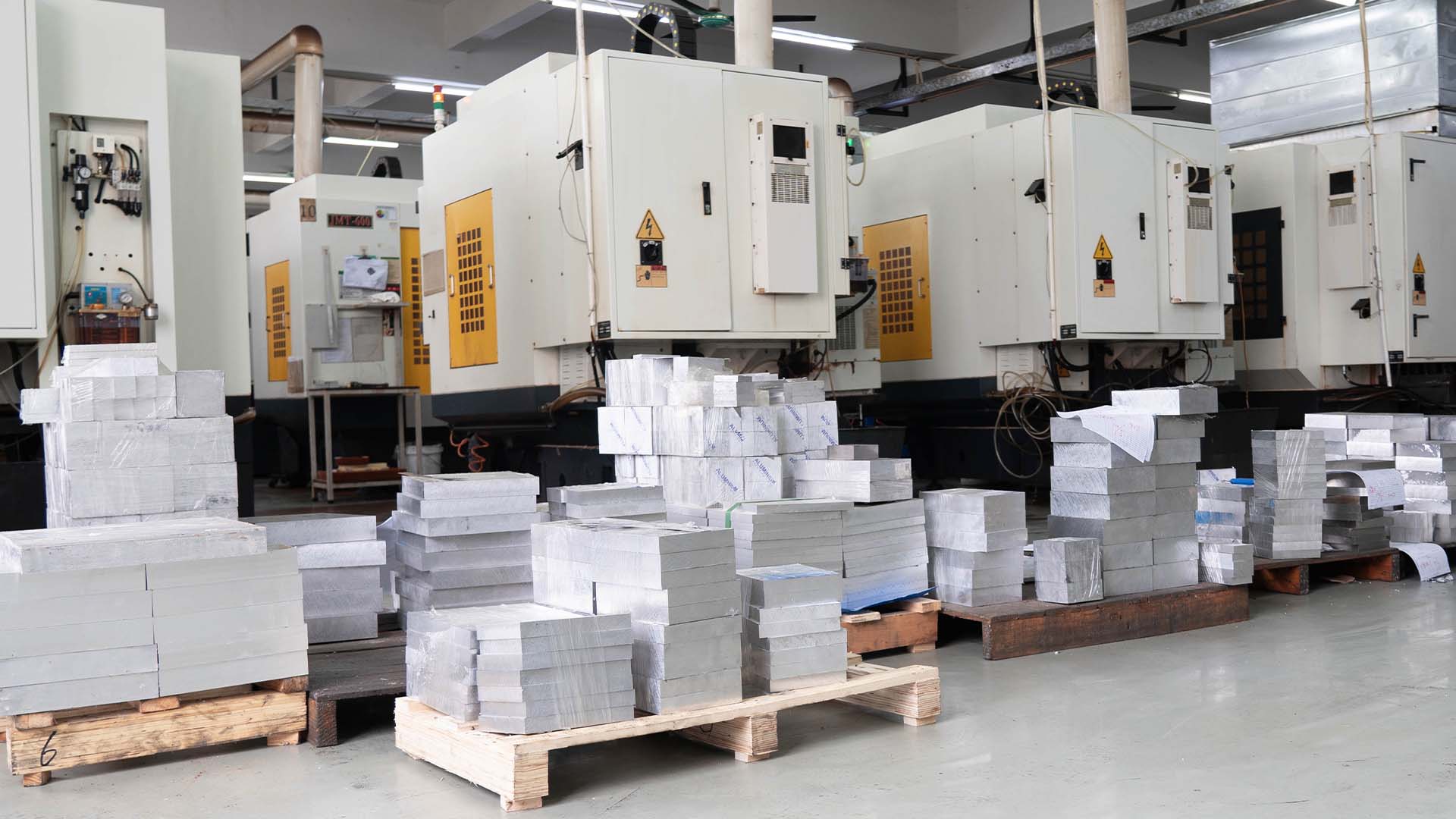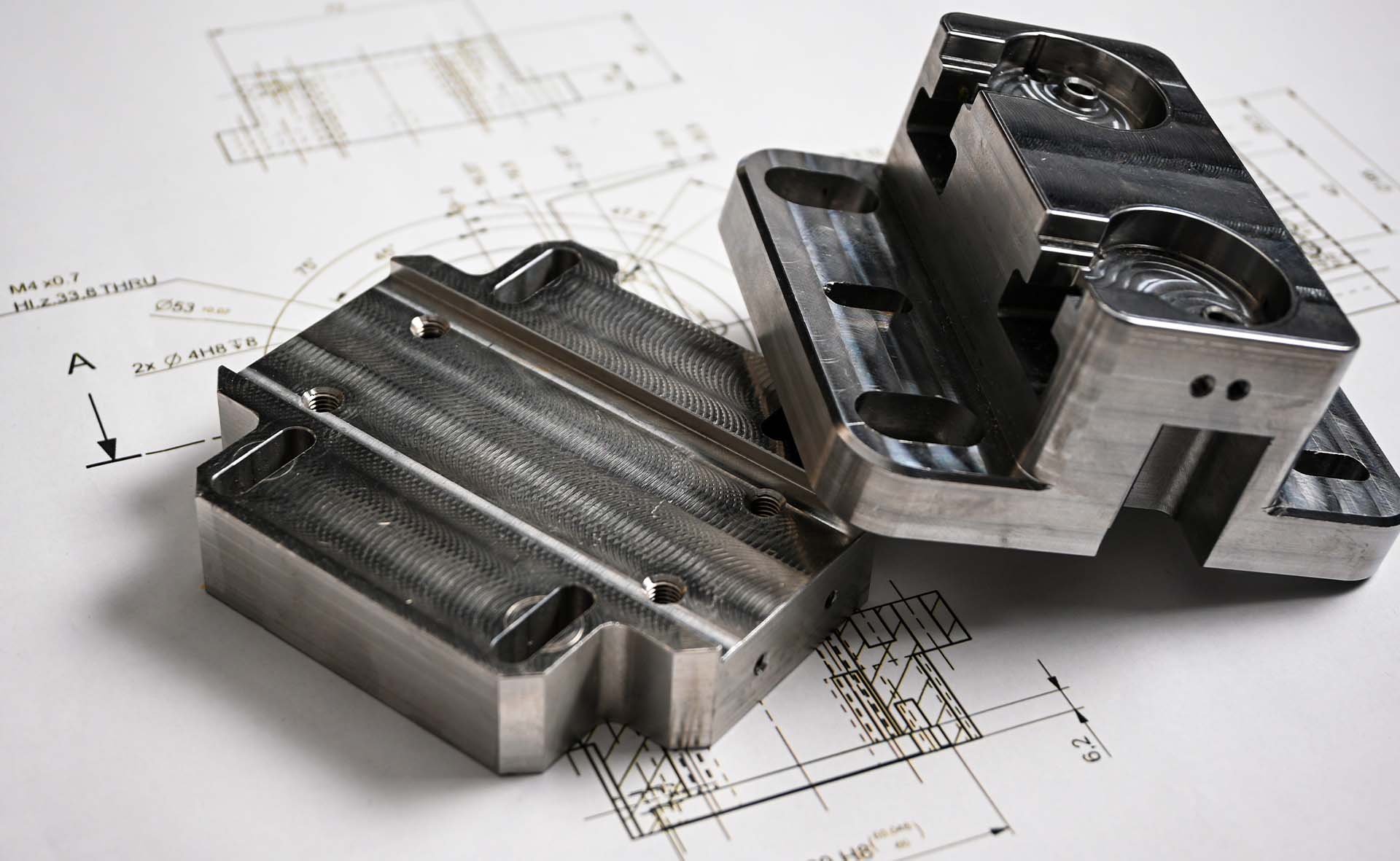Aluminium is one of the world’s most commonly used metals. At HLH Rapid, it’s the most requested metal for custom CNC machining parts. It has a great strength-to-weight ratio and is easy to machine. However, it comes in a number of different grades (from 1000 to 8000 series), which can be challenging to navigate.
Which aluminium grade is best for your CNC job and how different can they really be? First you need to assess how you plan to use the part and what characteristics it needs. Then, compare these against the different grades available. To help you with your decision, this article provides a complete guide to all aluminium grades and the most popular alloys within each series.
Although the 1000 series metal are the ‘purest’ available–comprised of 99% of above aluminium content. They are rarely used in CNC, but still find some applications. 1100, for example, remain highly resistant to corrosion and have excellent thermal and electrical conductivity. Generally, 1000 series aluminium aren’t the strongest options available and can be costly, but have fantastic workability.
The main alloying agent is copper, and 2024 and 2011 are the most popular choices in this category for CNC machining. 2000 series aluminium alloys are primarily used in aerospace applications because they have a great strength-to-weight ratio and are both strong and tough across a wide range of temperatures. However, they are also known to be susceptible to atmospheric corrosion, therefore requiring additional protective coatings like anodising.
The primary alloying agent is manganese. The 3000 series are suitable for all-round general purpose use, such as kitchen utensils–machined aluminium 3034 in particularly is most commonly found in beverage cans. These aluminium alloys can also be work hardened (this is necessary to achieve sufficient hardness levels, as these grades of aluminium cannot be heat treated).

Simply submit your CAD drawings to get a FREE quote
Silicon is the main alloying agent of this series. It lowers the melting point of aluminium 4000 grades whilst keeping its ductility. Specifically 4043 alloy generally offer good thermal and electrical conductivity and is corrosion resistant, making it suitable for producing components for electronic devices.
The main alloying agent in the 5000 series is magnesium, but they may also contain additional elements such as manganese or chromium. 5000 series aluminium alloys are well-known for their excellent strength, weldability and ductility. They also have some of the best corrosion resistance, making them popularly used in the marine industry – especially 5052 and 5083.
Silicon and magnesium are the main alloying agents of the 6000 series. These alloys can be anodised, are easy to machine, and offer a good balance between the high strength of the 7000 series and the corrosion resistance of the 5000 series. This makes it favourable for a wide range of applications. When it comes to CNC machining, 6061 and 6061-T6 are among the most commonly used and widely available aluminium alloys, especially in China.
Zinc is the main alloying agent of the 7000 series. These are the strongest alloys available; they are extremely hard, strong, stress-resistant, and have an excellent strength-to-weight ratio. Among the 7000 series, alloys 7050 and 7075 are the most popular and are often found in the aerospace sector, automotive industries, and for manufacturing higher-quality aluminium tools used in rapid injection moulding.
The 8000 series is generally mixed with iron and lithium as well as other alloying elements, typically created for very specific purposes within specialist industries such as aerospace and engineering. Alloys in this grade generally offer similar properties to the 1000 series but have higher strength and formability.

One thing to be cautious of when ordering CNC aluminium parts from China is the validity of the material grade. Many non-standard of lower quality aluminium billets are sold cheaply and often machine shops may not always be aware of what they are receiving. Therefore, it’s essential to ensure your supplier can verify the materials they provide.
At HLH Rapid, we use a spectrometer to validate incoming materials, offering full material traceability, so our clients can have confidence in the quality of their parts. We can work with aluminium as well as a variety of metal and plastic that you can choose from for your custom CNC project. For expert advice, support or to get a quote, get in touch with us at info@hlhrapid.com.
Wondering if aluminium is a good fit for your project? Read How To Choose a Metal For CNC Machining.
